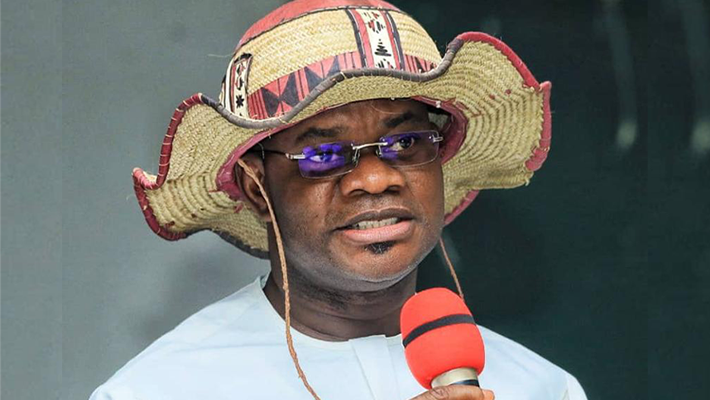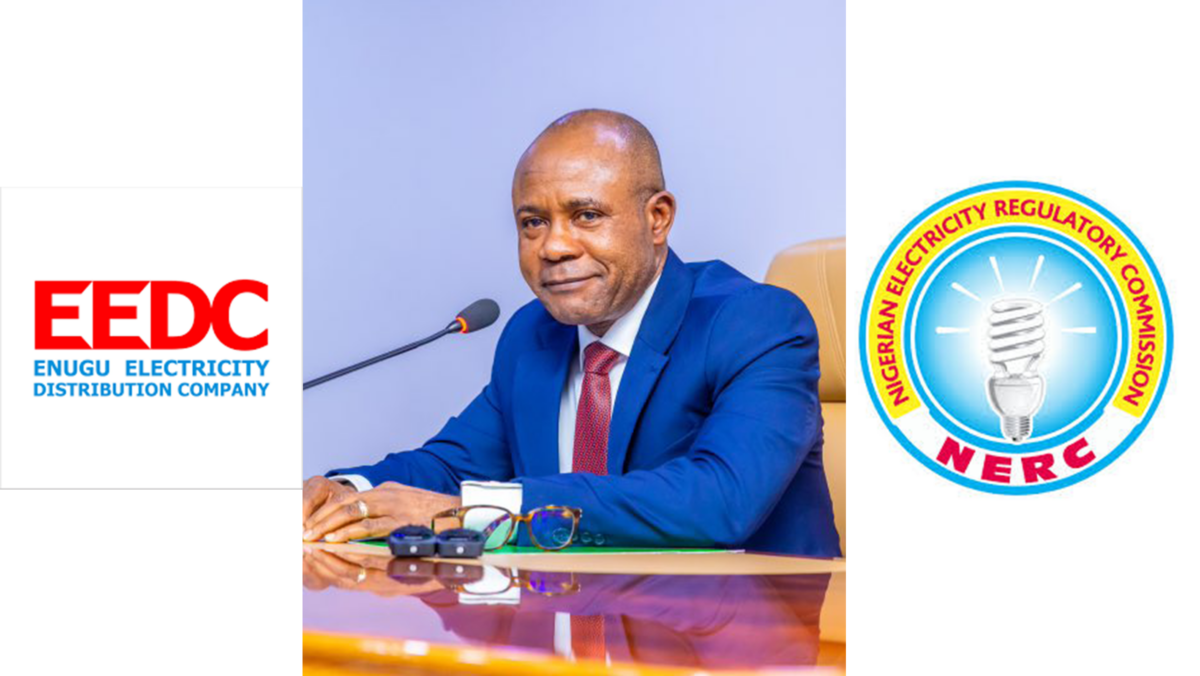CBN bans Nigerians from buying, selling bitcoin, other cryptos
![CBN Governor, Godwin Emefiele. [CREDIT: Bloomberg]](https://gazettengr.com/wp-content/uploads/CBN-Governor-Godwin-Emefiele.jpg)
The Central Bank of Nigeria has ordered banks and other financial institutions to close customer accounts used in trading cryptocurrencies and other related transactions.
In a circular seen by Peoples Gazette after circulating on social media on Friday afternoon, the Nigerian bank regulator ordered deposit money banks, non-bank financial institutions and other financial institutions to “identify persons and/or entities transacting in or operating cryptocurrency exchanges within their systems and ensure that such accounts are closed immediately. “
The CBN has been long taken a hardline position against cryptocurrencies, which have become a major unit of commerce across the world in recent years.
In October last year, at the height of the #ENDSARS protests, the bank restricted some financial institutions from receiving or making crypto payments.
The restricted accounts belonged to predominantly young Nigerians who had either sent or received funds to run the #EndSARS protests. When the major fundraisers, Feminist Coalition, were blocked, a bitcoin wallet was set up which donors used to pour in support from across the world.
The CBN was helpless at blocking the inflow due to cryptocurrencies being run on decentralised monetary systems that no conventional regulator can restrain.
In the past few weeks, trading in Bitcoin and other cryptocurrencies has skyrocketed as the global economy becomes increasingly volatile. Nigerians have started utilising crypto transactions to avoid the numerous challenges faced with traditional money transfer services.
In 2020, crypto marketplace Paxful reported that Nigeria had the world’s second-largest Bitcoin by trading volume. In the last five years, Nigerians have traded 60,215 Bitcoins, or more than $566 million USD, it was reported.
In 2017, CBN said it would not licence cryptocurrencies such as Bitcoin, Ripples, Monero, Litecoin, Dogecoin, Onecoin, amongst others, and any transactions conducted through them would not have the protection of the Nigerian law.
We have recently deactivated our website's comment provider in favour of other channels of distribution and commentary. We encourage you to join the conversation on our stories via our Facebook, Twitter and other social media pages.
More from Peoples Gazette

Politics
Katsina youths pledge to deliver over 2 million votes to Atiku
“Katsina State is Atiku’s political base because it is his second home.”

Anti-Corruption
N80 Billion Fraud: Nigerian immigration issues nationwide red alert for officers to nab Yahaya Bello
He refused to surrender himself for arrest on Wednesday when anti-graft operatives besieged his Abuja residence.

Health
Mysterious illness claims eight lives in Sokoto
The incident occurred at Sabon Birni and Isa Local Government Areas of the state.

Hot news Home top
Liverpool knocked out of Europa League by Atalanta; Bayer Leverkusen tango Roma in semifinals
Atalanta’s wonderful performance over the two legs ensured the Italian side reached the semifinals of the Europa League on a 3-1 aggregate scoreline.

Heading 5
Enugu govt. cautions NERC, EEDC against overcharging electricity consumers
I urge NERC not to derail on the steady and quality power supply according to the band classifications.”

Uncategorized
N3.2 trillion subsidy needed to reverse electricity tariff hike: FG
He added that as a result of the non-payment of subsidy, gas supply and power generation had continued to dip.

Heading 4
Google sacks 28 employees for protesting consulting contract with Israel
The company further noted that the demonstrations were staged “by a group of organisations and people who largely don’t work at Google.”








